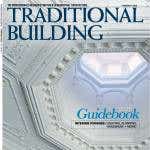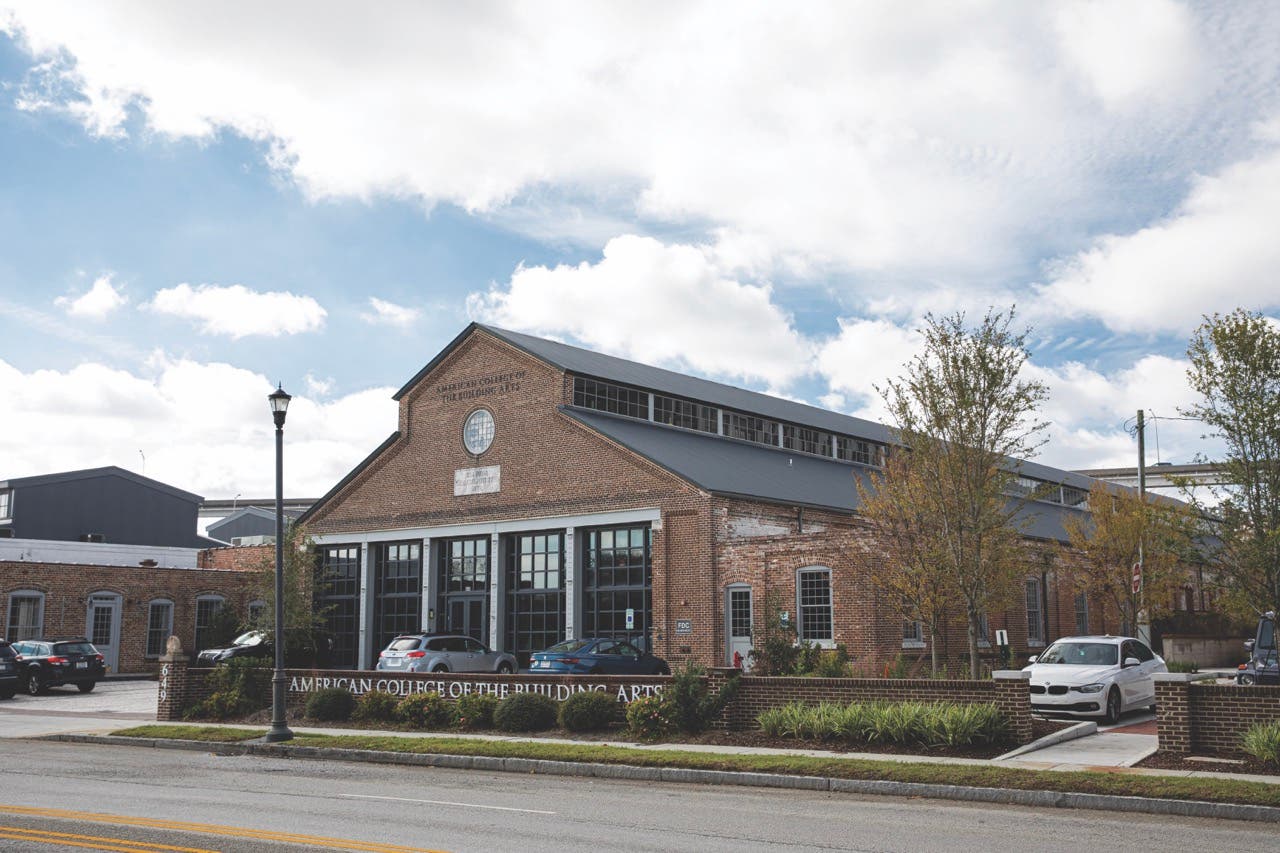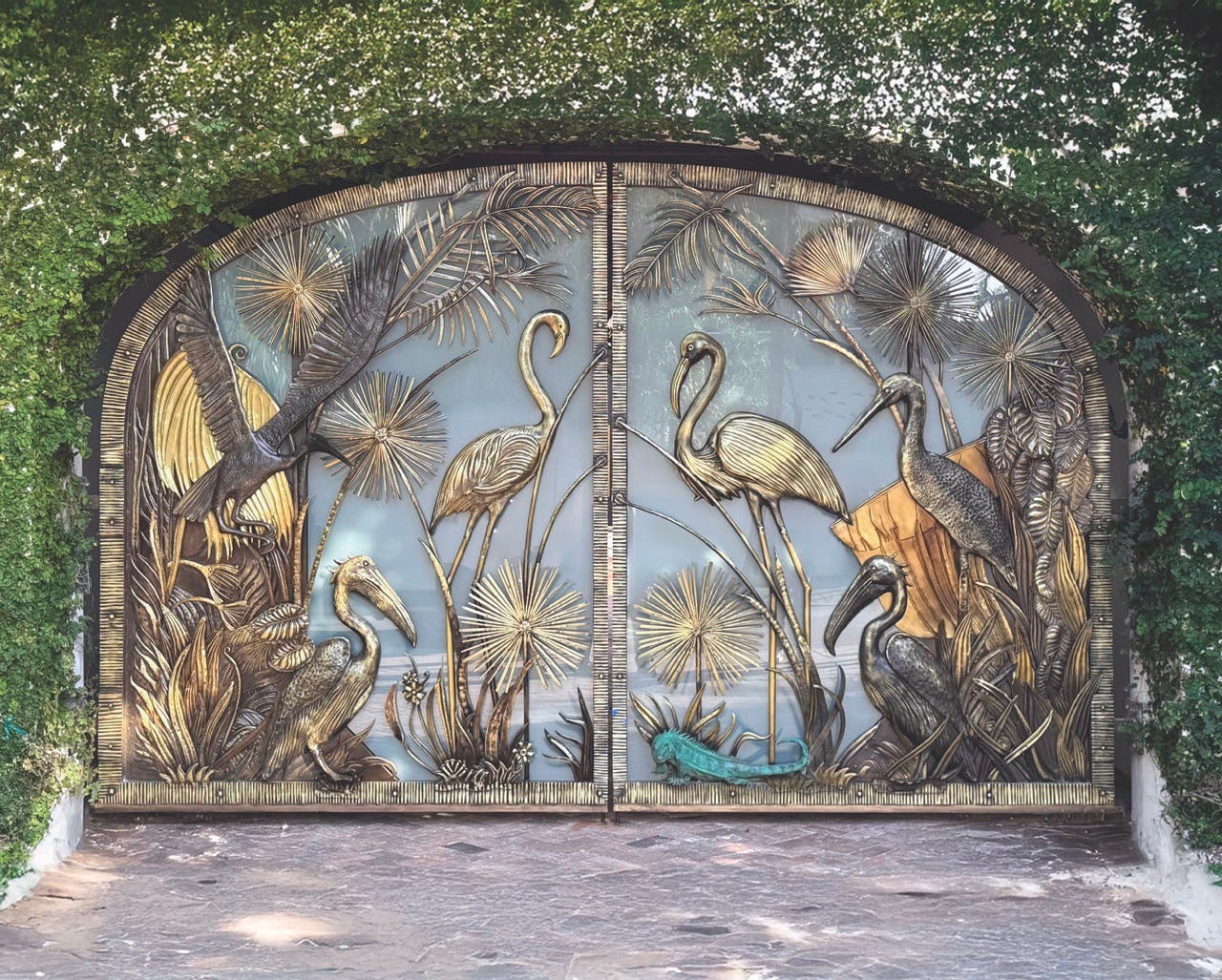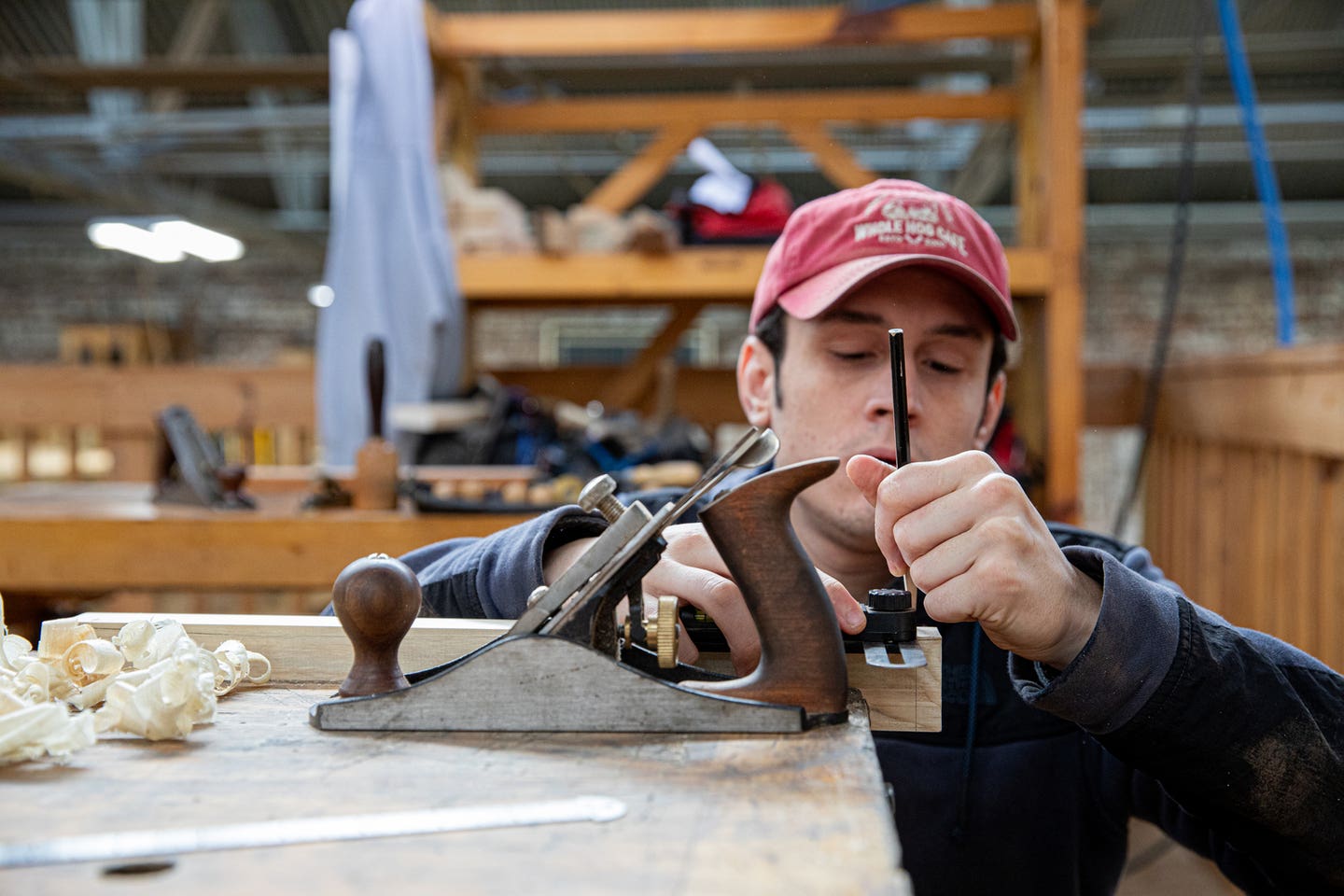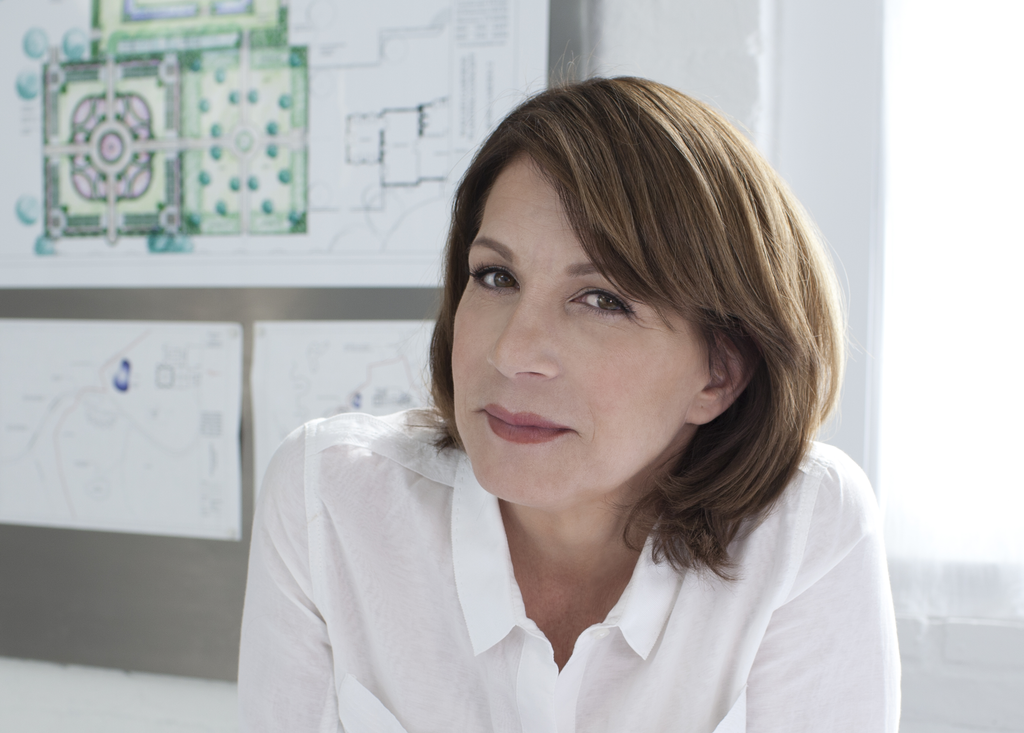
Features
The 25 – Janice Parker
Since 1984, when she established her eponymous landscape architecture firm, Janice Parker has been creating innovative Classical gardens that remain true to their roots yet incorporate modern/contemporary requirements.
Parker, winner of the Stanford White Award for Garden Design (three times), the Professional Merit Award from the Connecticut Chapter of the American Society of Landscape Architects (four times), and a Palladio Award, has joined the pantheon of pioneering ground-breakers such as Ellen Biddle Shipman, Annette Hoyt Flanders, and Rose Standish Nichols.
“I have tremendous respect for the past landscape architects and designers who did this work, in particular at the turn of the last century,” she says. “It has given my professional and personal life purpose. It is a huge pleasure and honor to be able to study what they did, understand them, and then instinctively go forward with what I think they would have done today.”
Landscape architect, horticultural specialist, garden consultant, instructor, floral designer, and speaker, Parker continues to rethink accepted landscape practices and develop inventive solutions that inspire a whole new generation of professionals.
“The more I work on Classical gardens, the more I study the history of landscape and gardens, the more I realize that there is no substitute for Classicism and simplicity,” she says. “In the classic tradition, the math works. That is key to understand and the key to great design. In great modern design, the math always works. It is always justified and graceful.”


